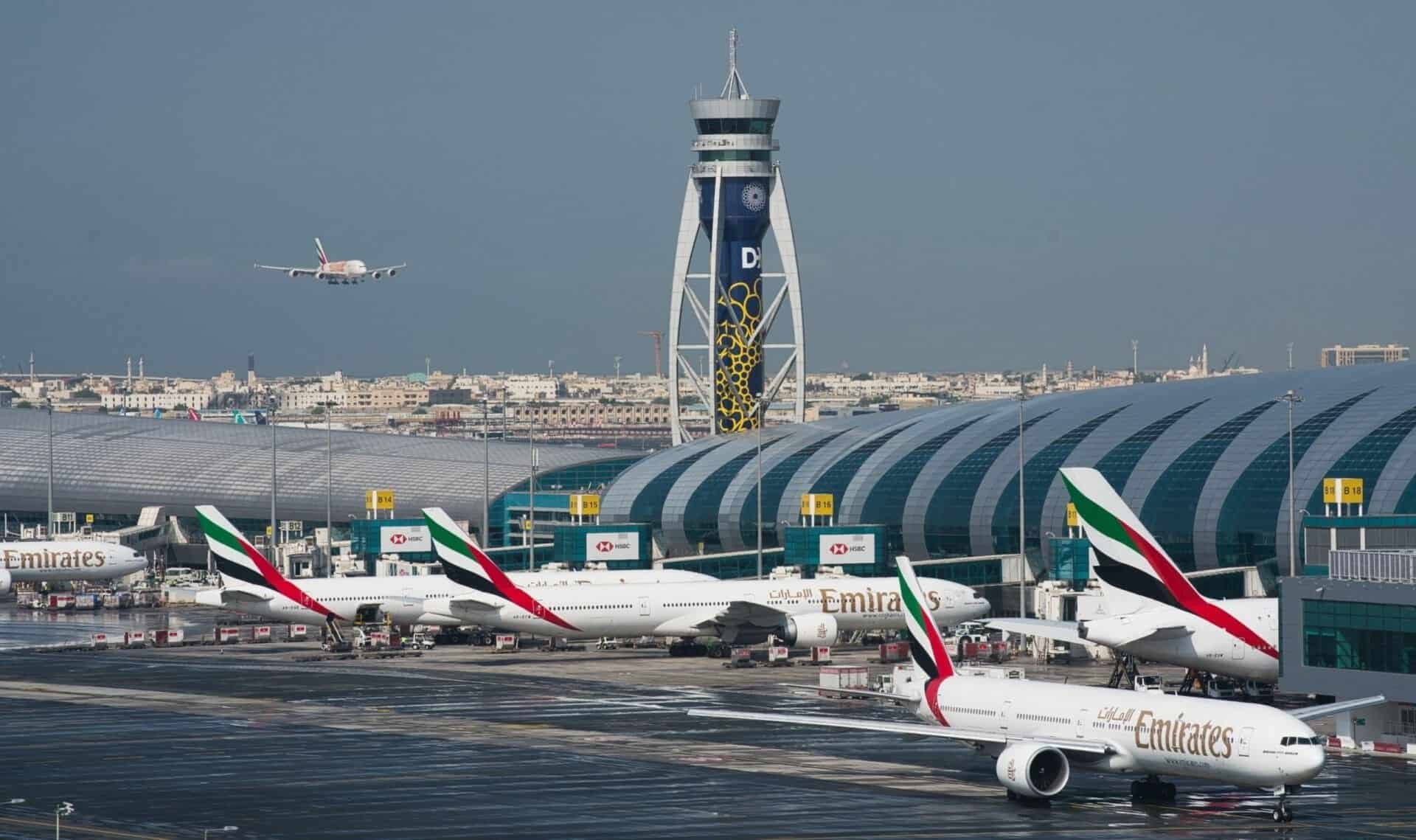-
Smart counters reduce waiting time, queues, waiting time at passport control, security check, duty-free and other outlets
-
Online check-in by Emirates airline passengers, self-registration kiosks at airports cut time spent at airports by 30 percent in 2018, 2019
There will be no place for traditional airports to operate without advanced and smart technologies in the future, said Major General Khalifa Ibrahim Al Saleis, chief executive officer of the Security Industry Regulatory Agency (SIRA).
To prepare for such a future, airports need to enhance security and facilities enabled with smart devices, he added.
Delivering the keynote speech on Future Technologies Enhancing Airport Security at the Global Airport Leaders Forum at the Dubai Airport Show 2021, he said Dubai airport ranked first in the world on the number of international travelers, with 89.1 million travelers in 2019.
According to the Airport Council International, in the year 2018, there were 8.8 billion passengers at world airports. In 2040, the number is likely to increase to 19.7 billion.
A higher passenger number means travel procedures need to be simplified while maintaining the safety and security of airports and passengers.
He said security, emigration and health check procedures make long hours of delay unavoidable. But smart counters resulted in reducing waiting time, queues, waiting time for passport control, security check, and duty-free and other outlets.
“In 2018 and 2019, 78 percent users of these services were economy class passengers, which helped avoid crowding and reduction in waiting time at the terminal. The use of smartphone application for travel procedure, such as printing boarding pass, advance ticket booking, reduced the waiting time at the airports achieved social distancing,” he said.
In 2018 and 2019, 40 percent of Emirates airline passengers used online check-in service. Self-registration kiosks at the airports reduced human contacts that helped social distancing. Passengers cut the time spent at airports by an estimated 30 percent by following these procedures.
The use of advanced technology, smart-gate and smart tunnel, the introduction of digital passports supported by biometric technology have speeded up the travel procedure.
The digitalization of visas and certificates using blockchain technology and digital encryption makes it very difficult to tamper with the documents, especially when linked with biometric and fingerprint identification technology.
The use of smart-gate at Dubai airport reduced the time for completing travel procedures at the emigration and passport control to 15 seconds. The use of a smart tunnel for passengers at Dubai airport reduced the time to nine seconds without stopping at the emigration counters.
Personal searches are considered one of the most difficult and time-consuming procedures at airports. However, technologically advanced devices are available now for personal search without human involvement, which will be one of the basic requirements for all smart airports in the future.
The advanced smart search devices are expected to handle over 900 passengers per hour. These will be deployed over the next few years. The use of special application for smartphones by travelers to complete the travel procedure also act as devices to know the location of the passengers.








